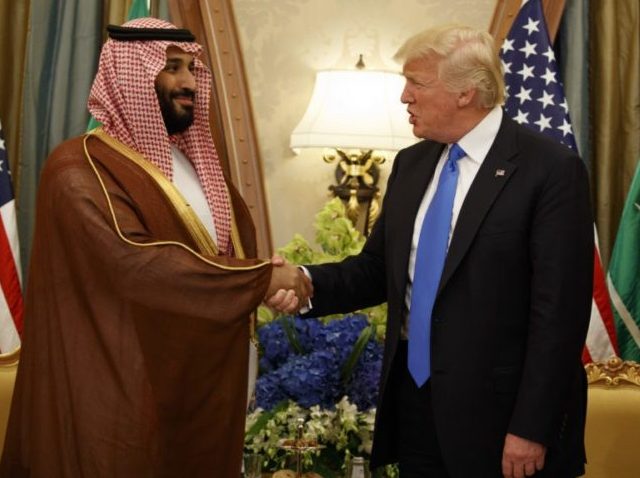Just nine days after U.S. President Donald Trump criticized the Organization of the Petroleum Exporting Countries (OPEC) for keeping oil prices too high, ministers meeting in Vienna agreed to boost oil output by about 600,000 barrels a day.
Analysts estimate that when the additional production from non-OPEC oil producers such as Russia is added in, the deal will likely result in an additional million barrels of oil hitting the market.
Two years ago, OPEC and Russia set about raising the price of oil by cutting output. This was a reversal of years of rising production and falling prices, which many saw as an attempt by Saudi Arabia and others to create an oil glut to discourage investment in U.S. shale oil production.
The group planned to cut output by two percent, about 18 million barrels a day. But many members cut even deeper, and political events around the world–turmoil in Venezuela and the end of the U.S. nuclear deal with Iran–took additional volume off global markets. As a result, oil supplies fell deeper than expected, and oil prices rose more than expected.
In April, President Trump tweeted a complaint about high oil prices. This triggered a temporary decline in prices, but by early June, prices were rising rapidly again. On June 13, Trump tweeted, “Oil prices are too high, OPEC is at it again. Not good!”
U.S. officials have also asked Saudi Arabia to help cushion the blow of the return of Iran sanctions by supplying more oil at lower prices.
The additional production is expected to keep oil prices lower than they would have been this year. As a result, the price of gasoline will not rise as much during the high-demand summer driving season. This leaves U.S. consumers with more money to spend elsewhere, a boost to the U.S. economy.

COMMENTS
Please let us know if you're having issues with commenting.